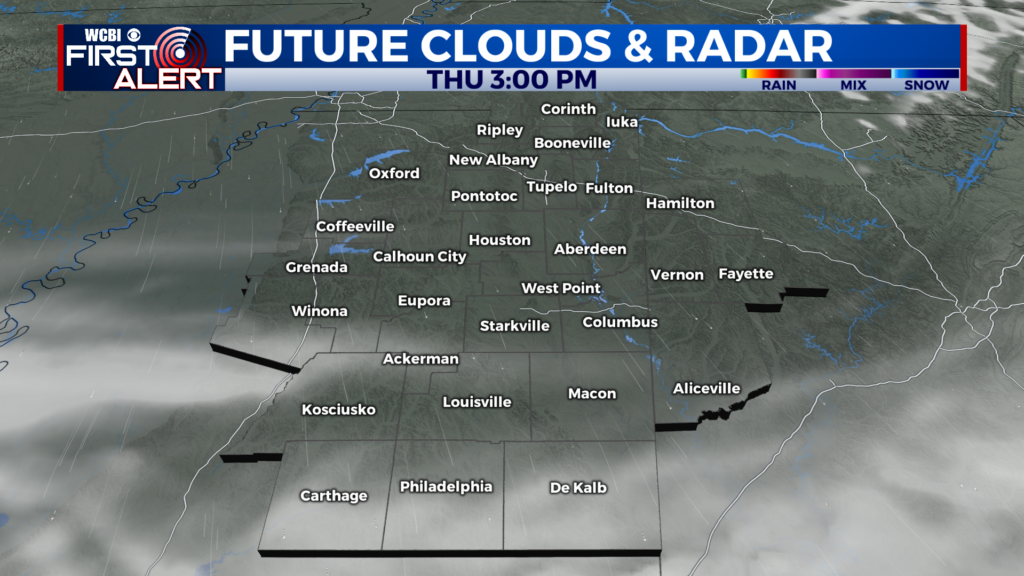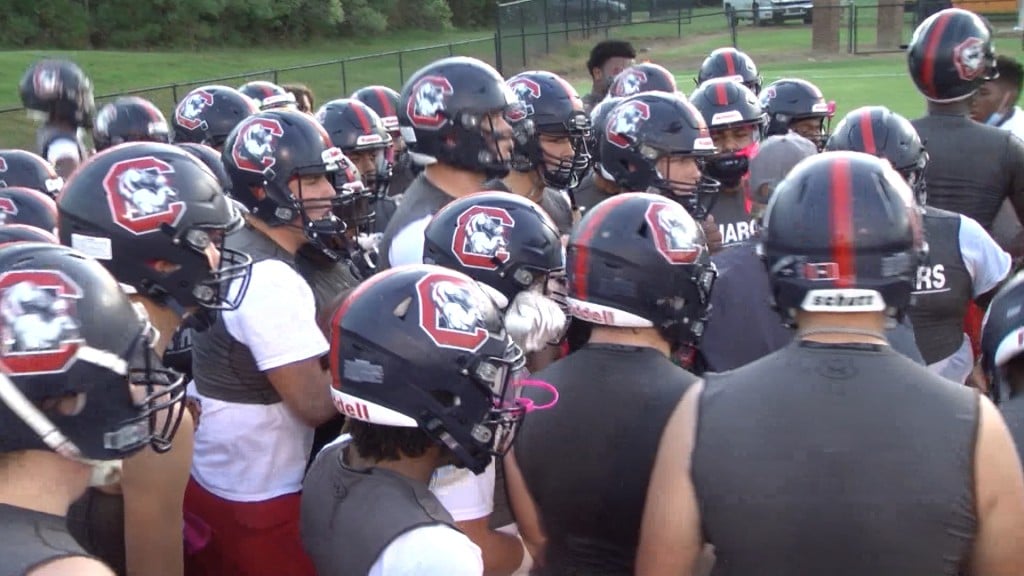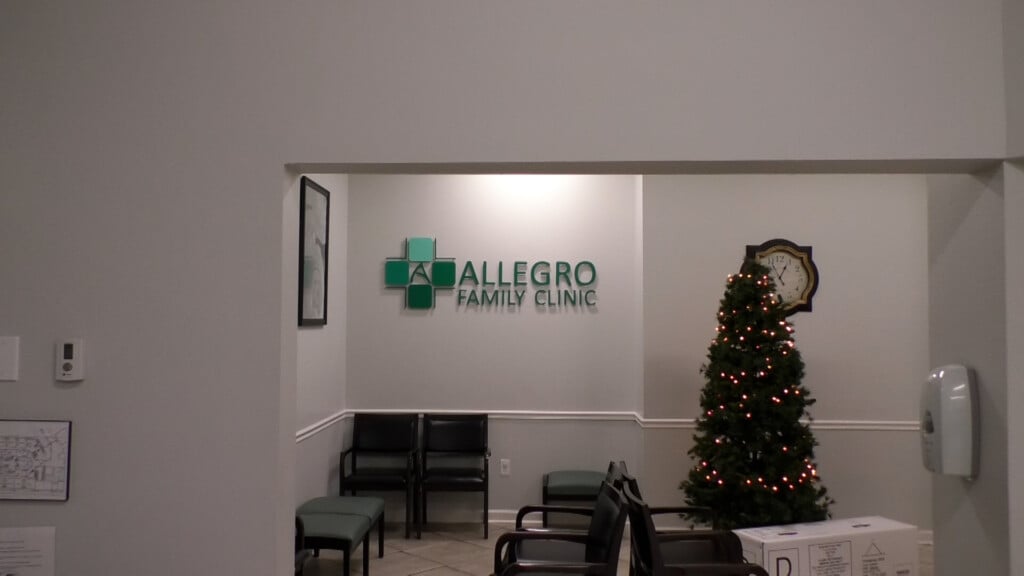Dairy farmers forced to dump milk as schools and restaurants close
Even before the novel coronavirus brought the country to an economic standstill, family farmers were struggling. In 2019, Chapter 12 family farm bankruptcies increased nearly 20% over 2018, according to the American Farm Bureau Federation. Wisconsin saw the highest number of family farms filing for bankruptcy, yet dairy farmers in the state known as “America’s dairyland” were hopeful that 2020 would bring sunnier weather.
Milk prices and production were both rising in January, year over year, according to USDA reports, which was welcome news to dairy farmers. But that same month, the first case of COVID-19 was diagnosed in the U.S. By March, schools were shutting down, restaurants closed or limited service to takeout or delivery, and grocery stores began limiting the number of dairy products customers could purchase. As a result, dairy farmers around the country have been forced to waste thousands of gallons of milk daily.
In big dairy-producing states like Wisconsin, multi-generationa farmers like Jim and Katie DiGangi, who own and operate Darlington Ridge Farms, a large operation with 2,700 cows, have been hit hard.
“It’s a very scary time, very frightening from the business standpoint and from the emotional standpoint for our families and our employees and for our employees’ families,” Katie DiGangi told CBS News.
Usually, about one-third of the DiGangis’ milk goes to restaurants and another one-third is sent to grocery stores. Over the past few months, they’ve seen a 40% decline in revenue, much of that due to closures caused by the virus.
Darlington Ridge is now pouring out about 50% of the milk it produces every day. That’s about 15,000 gallons of spilt milk — $20,000 worth — each day. For now, the DiGangis are being reimbursed for their losses by the processing companies that pasteurize and package the milk for sales and distribution, but they don’t know how long that will last. And because so many dairy farmers depend on restaurants as consumers of dairy products, and restaurants have been shuttered, farmers are also seeing a plunge in demand for other dairy products, including butter, cheese, and sour cream.
Many farmers are looking at the federal government to for help. As lawmakers discuss what could go into a “Phase 4” for coronavirus relief, dairy interests are making sure farmers aren’t forgotten. Tim Trotter, executive director of Edge Dairy Farm Cooperative, which lobbies for dairy farmers, wants a comprehensive program to make farmers whole.
“We don’t want any farmers left behind,” Trotter told CBS News. He’s asking lawmakers to help dairy farmers recoup lost revenue from the milk they’re discarding, and he wants the U.S. to buy surplus cheese for food banks, as it has in the past. The U.S. has about 1.4 billion in extra cheese hanging around in cold storage around the country because dairy farmers were already producing too much cheese.
“We need support, we need help from the government in this situation,” Katie DiGangi said. “It’s very dire.”




Leave a Reply